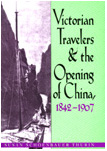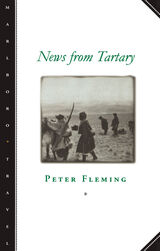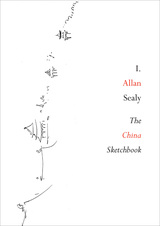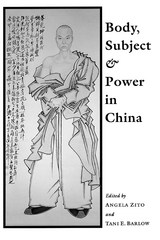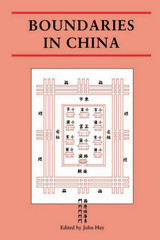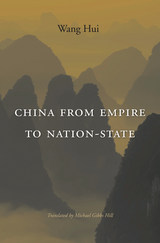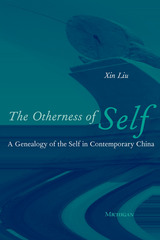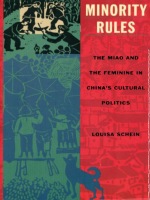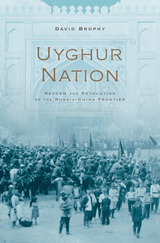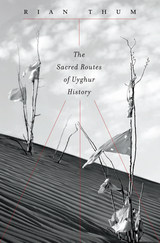Cloth: 978-0-674-11964-2
Library of Congress Classification DS730.D73
Dewey Decimal Classification 323.151
The problem of melding diverse ethnic groups into a single political entity is as old as human history. Marx's predictions to the contrary, modern socialist states have not escaped the tension of nationality: contentment or rebellion, pluralism or assimilation. June Teufel Dreyer, in what will be the basic study in its field, delineates China's determination to deal intelligently with its minorities.
The “forty millions” (Mongols, Tibetans, Koreans, Manchus, and some fifty other groups) are only 6 percent of China's total population, but the national government pays them special attention. First of all, these groups occupy almost two thirds of China's land area, in strategic frontier positions. Second, they occupy terrain rich in unworked minerals, undeveloped forests, and prolific supplies of domestic animals. The People's Republic attaches considerable importance to obtaining loyalty and maintaining political jurisdiction.
Dreyer examines the steps taken to achieve integration. In the process she also considers how the Communist Party's minority policy differs from that of previous Chinese governments and the Soviet Union; who the executors of this policy have been; what mechanisms have been used to carry it out; how minorities have reacted to the communist system; and how policy toward minorities differs from policy toward the Han majority. This deeply researched book is informed by considerations that transcend the Chinese setting. Many nations share the problem of race relations, and one nation's effort can lead to another nation's solution.
See other books on: Asia | China | History | Minorities | People's Republic
See other titles from Harvard University Press

